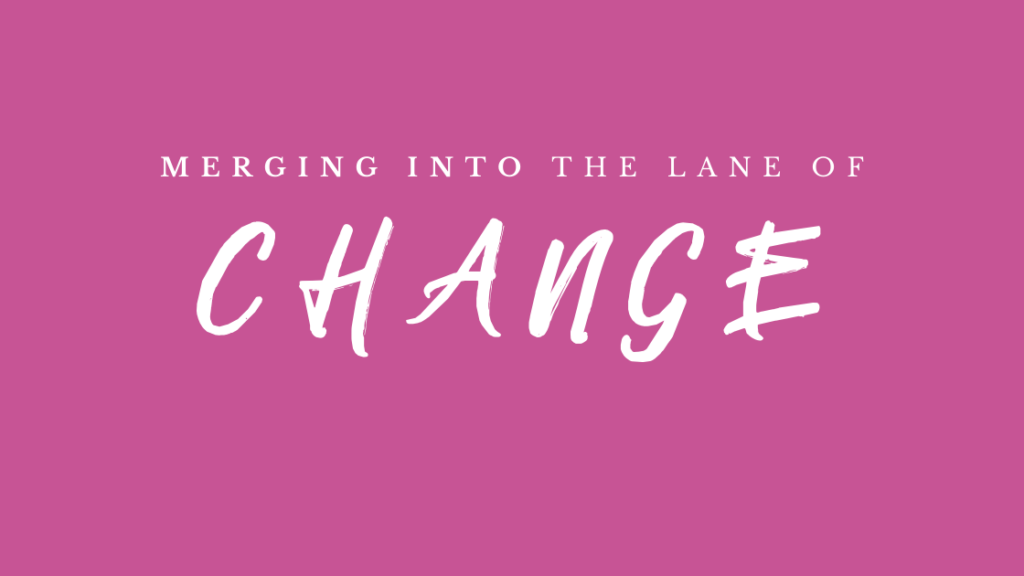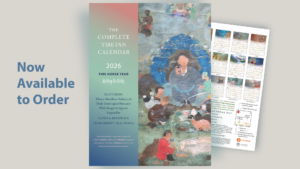The merger happened suddenly and without warning for those of us not on the executive team. The company I worked for was merging with a company three times our size. Their marketing team was 10 times the size of ours and thoughts of “Why would they want me to stay when they already have all those people?” chimed in my mind and those of my coworkers.
As I talked through the initial shock, I realized that no matter what happened, I would be okay. Even if I ended up being laid off, I understood I couldn’t change what would happen, but I could change how I’d react to it. Rather than worry, I could use the opportunity to be aware and learn what it is like to be part of a merger; to work in a much larger company and marketing team; to encourage my emotional self to relax into the wonderful moment of transition and change; to be present in this new experience; and to see an opening for growth, rather than worry about how things would change.
I also realized that if I saw the negative side of the merger, then my attitude and work would suffer, making me more susceptible to what I might perceive as a negative outcome.
It hasn’t always been easy but trying to remember that has aided tremendously with my emotional health. I believe that my previous post in which I wrote about embracing impermanence, visualizing the impermanent nature of everything, has helped a lot as well.
Moments of change remind me of a Jataka tale we used to tell our children. The story is about a father and son who lived in a village a long time ago. The son had fallen off his horse and broken his leg. “Oh, what misfortune that your son broke his leg and cannot help with the harvest this year!” the villagers said. “Misfortune or not, only time will tell,” the father replied as he carried his son home. Then a war broke out between the village and another, and all able men were needed for the fight. “What misfortune that your son broke his leg and can’t fight for our village!” the villagers exclaimed. “Misfortune or not, only time will tell,” the father replied. The fight was difficult, and many lives were lost on both sides. “What fortune that your son broke his leg and couldn’t fight!” the villagers said. “Misfortune or not, only time will tell,” is all the father said.
As the story shows, it is our concepts that make change a misfortune or not, and change is constantly happening. Perhaps instead of resisting change, we can try to merge with it through acceptance and enjoy the ride, wherever it may lead.
Exercise
This is a journal exercise for times of significant change in your life.
- On a blank page, draw a vertical line down the middle. On the left write “Misfortune” and on the other “Fortune.”
- Start with the Misfortune side; our mind tends to go there first, anyway. Write down all of the things you think would be an unfortunate outcome from the change that is happening. Be open with yourself. Allowing yourself to fully feel the ‘bad’ side will help to process that feeling.
- Next, write down all the perceived fortunate outcomes on the right side of the page. Be creative but not outlandish.
- Now consider the perceived misfortune options: What could be the positive side of those?
Then reflect upon or meditate on the fact that we don’t know the future. Events that we perceive to be a misfortune could actually turn out to be fortunate. Only time will tell.

Rachel Pradhan has been a student of Dzogchen Ponlop Rinpoche since 1997, working on becoming a more open-hearted and open-minded being. Her career is in marketing, while her at-home life revolves around meditation and family, gardening, hiking, reading, and cooking. She lives in Southern California with her husband and their two sons.






